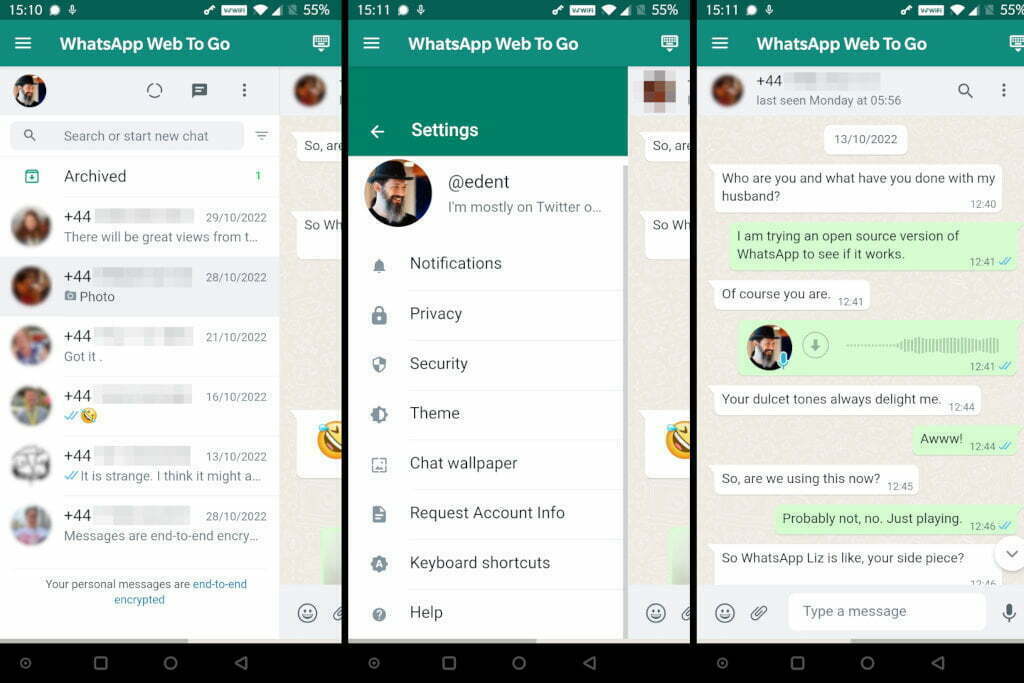
WhatsApp has become one of the most widely used messaging platforms in the world, with millions relying on it daily for both personal and professional communication. While most whatsapp 網頁 版 people use the mobile app by default, WhatsApp Web is a powerful tool that brings your chats to your desktop browser. But how do these two versions compare? Understanding the differences between WhatsApp Web and the mobile app can help you choose the right platform for your needs—or make better use of both.
- Platform and Accessibility
The most obvious difference is how and where the two are used. The WhatsApp mobile app is installed directly on your smartphone and works independently as long as you have internet access. WhatsApp Web, on the other hand, is a browser-based extension of your mobile app. It requires your phone to be connected to the internet and paired via QR code. Without the phone, WhatsApp Web won’t function, making it more of a companion tool than a standalone version. - Features and Functionality
Most core features are shared across both platforms—you can send and receive messages, share media, view statuses, and more. However, some actions are limited to the mobile app. For example, voice and video calling are available only on the mobile app (and WhatsApp Desktop, but not in the browser version). Additionally, account settings, privacy controls, and broadcast message creation are handled only through the mobile interface. WhatsApp Web is more focused on messaging and media sharing. - Convenience and Productivity
WhatsApp Web shines when it comes to productivity. Typing with a full-sized keyboard, easily sending files from your computer, and switching between multiple chats while working are big advantages. It’s perfect for professionals who spend a lot of time on their computers. However, the mobile app is more versatile for day-to-day use, especially when you’re on the go. It offers instant access to all features and works without needing to sync with another device. - Notifications and Syncing
While both platforms offer real-time notifications, WhatsApp Web notifications depend heavily on your browser settings and whether your phone remains online. If your phone disconnects from Wi-Fi or runs out of battery, WhatsApp Web will stop working. The mobile app, in contrast, remains fully functional as long as you have cellular data or Wi-Fi. It also gives you more control over push notifications, vibration, and sound alerts. - Security and Session Management
Both versions of WhatsApp offer end-to-end encryption, ensuring your messages stay private. However, security on WhatsApp Web depends on your browser and device habits. If you’re using a shared or public computer, it’s crucial to log out after your session. You can manage all linked devices from the mobile app, giving you full control over where your WhatsApp is active. The mobile app, being the central hub, is more secure for daily use, while WhatsApp Web is best suited for trusted environments.
In summary, WhatsApp Web and the mobile app each have their strengths. The mobile app offers full functionality and flexibility on the go, while WhatsApp Web enhances efficiency during desk work. By understanding their differences, you can use both in harmony to streamline communication across your day. Want a side-by-side comparison chart or guide for switching between the two? Just ask!
